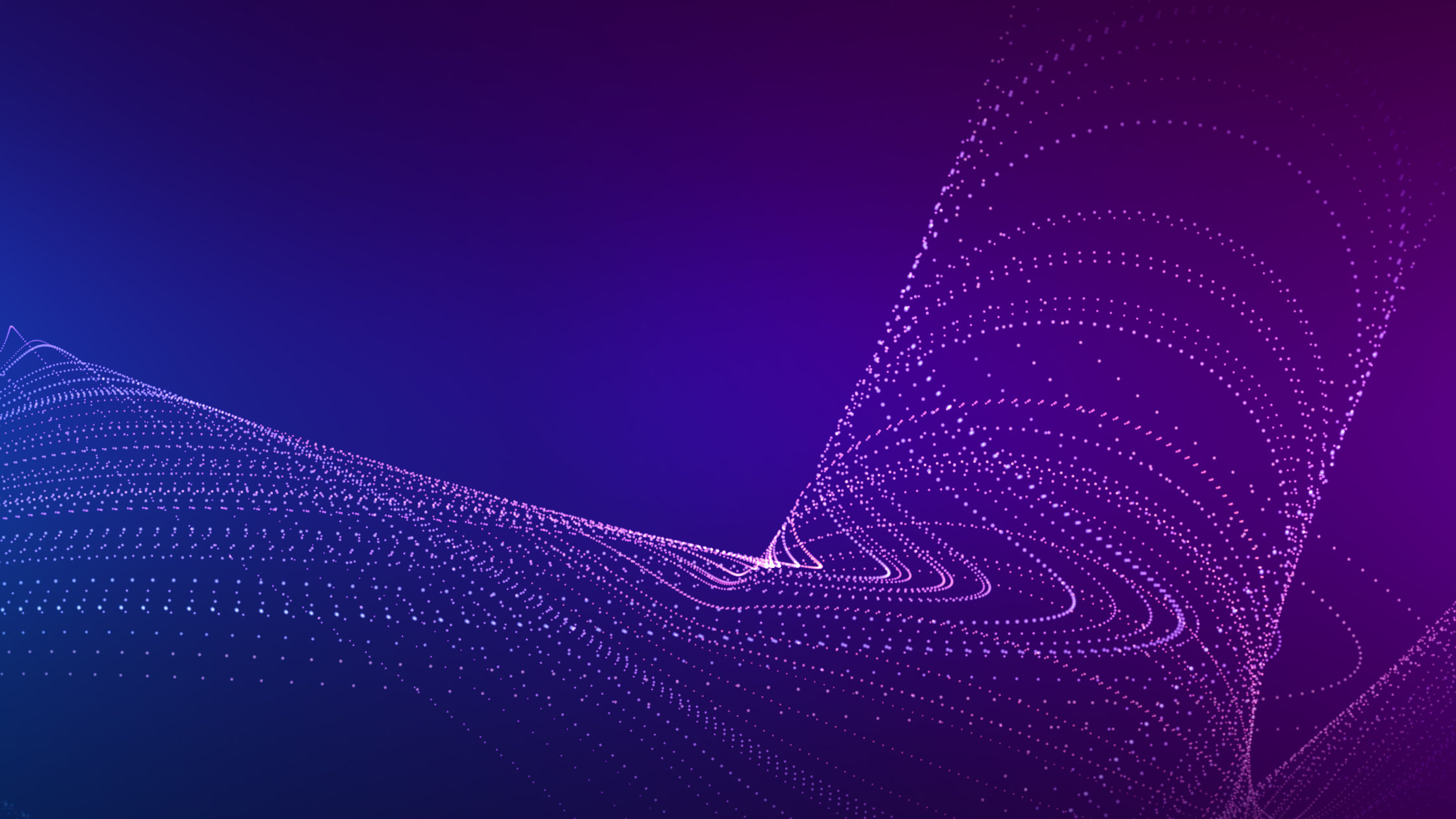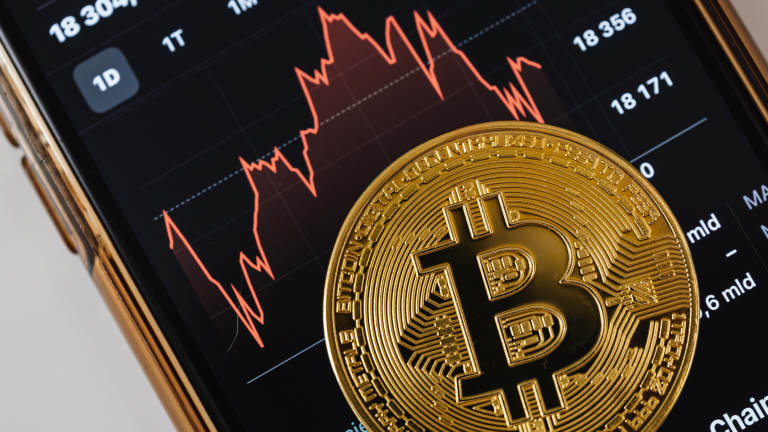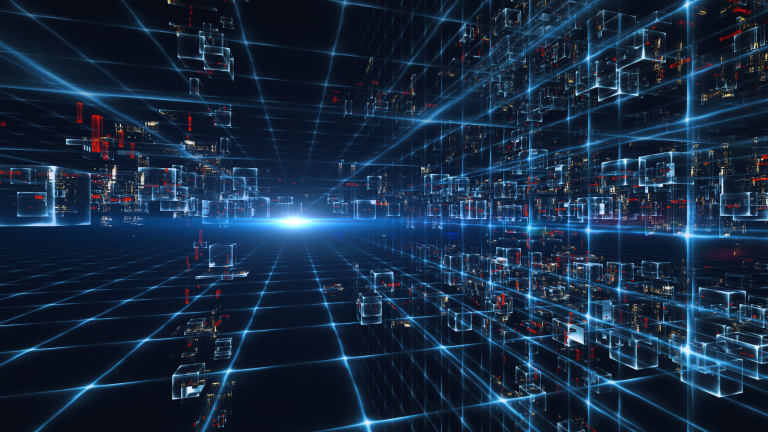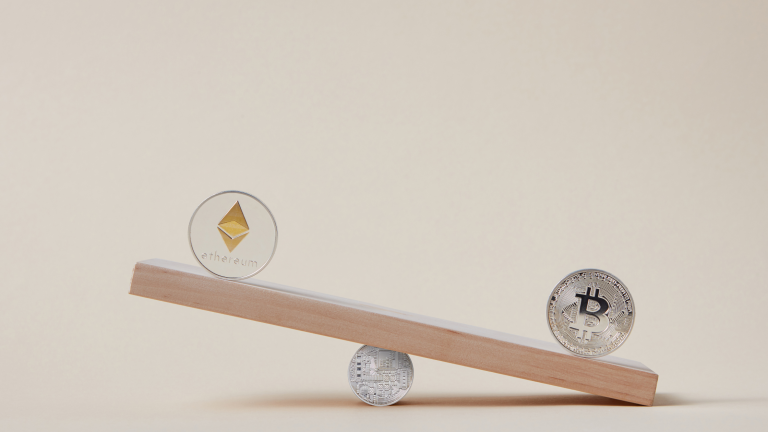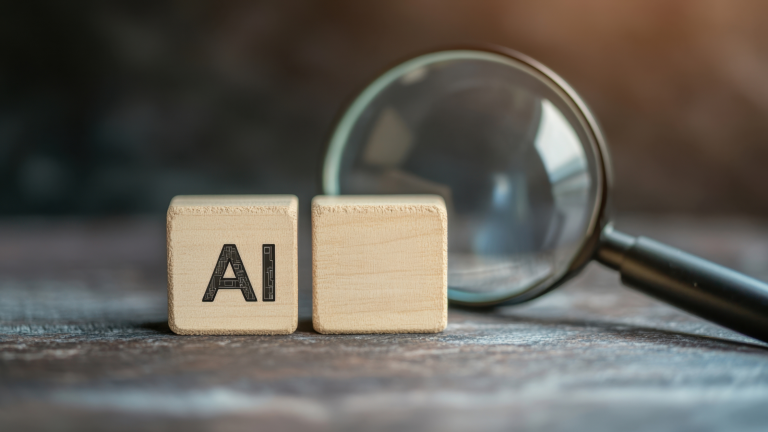Decentralized Autonomous Organizations (DAOs) have transformed governance models in blockchain ecosystems, eliminating centralized control and relying on smart contracts for decision-making. Now, AI-powered DAOs (AI DAOs) are taking this concept further by integrating artificial intelligence into governance structures. These AI-driven systems can automate decision-making, optimize resource allocation, and operate with minimal human oversight.
However, as AI DAOs evolve, a critical question arises: Can they function entirely without human governance, or is human intervention still necessary to ensure fairness, security, and accountability? This blog explores the implications of AI DAOs, their governance potential, the risks they introduce, and whether full autonomy is realistic or simply an ambitious vision.
AI DAOs: The Next Step in Decentralized Governance
A Decentralized Autonomous Organization (DAO) is a blockchain-based entity where governance is enforced through pre-programmed smart contracts rather than human leadership. Traditional DAOs still require human participation in key decisions, such as fund allocation, proposal approvals, and policy changes, through community voting mechanisms.
An AI DAO, however, moves beyond human voting by integrating AI to process data, analyze governance scenarios, and execute decisions autonomously. This makes governance faster, data-driven, and theoretically free from human bias.
How AI Enhances DAO Governance
- Automated Decision-Making – AI analyzes real-time data to propose, vote, and execute governance decisions without human intervention.
- Dynamic Smart Contract Execution – AI DAOs can adjust policies, manage funds, and enforce rules automatically, making governance more efficient.
- Predictive Analytics & Optimization – AI algorithms learn from past governance actions, improving decision-making over time.
- Minimizing Human Dependence – AI DAOs aim to reduce or eliminate the need for human involvement in governance, potentially removing voting inefficiencies and manipulation risks.
Practical Use Cases of AI DAOs
The concept of AI DAOs is not just theoretical; it is being actively explored in multiple industries:
- Decentralized Finance (DeFi): AI DAOs can dynamically adjust lending rates, manage liquidity pools, and allocate investments without requiring community voting delays.
- Gaming & Metaverse: AI DAOs can govern in-game economies, manage NFT pricing, and adjust reward structures based on player engagement.
- Supply Chain Optimization: AI DAOs could automate logistics decisions, reducing costs and increasing efficiency through real-time data analysis.
- Research & Funding Allocation: AI DAOs can evaluate proposals, rank funding priorities, and allocate resources more objectively than human voting.
However, while these applications demonstrate potential, the real challenge is determining whether AI DAOs can fully replace human governance or if some level of human oversight remains necessary.
The Core Debate: Can AI DAOs Function Without Human Governance?
AI DAOs push the boundaries of decentralization, but to determine whether they can truly operate without human oversight, we need to assess three key areas:
1. Eliminating Human Bias: Can AI Ensure Fair Decision-Making?
One of the biggest flaws in traditional DAOs is the potential for manipulation by large stakeholders (often called “whales”) who hold more voting power. AI DAOs aim to remove emotional bias and human influence, ensuring decisions are based on objective data rather than social dynamics or financial incentives.
However, AI models are not inherently free from bias. They learn from past data, meaning any pre-existing biases in training datasets can carry over into AI governance decisions. A Forbes report from 2021 highlighted that AI-driven mortgage lending systems led to an 80% higher rejection rate for Black applicants and a 40% higher rejection rate for Latino applicants. If an AI DAO managing a DeFi lending protocol were trained on such biased historical lending data, it could unintentionally favor certain borrowers or assets, reinforcing financial inequalities rather than eliminating them.
Black Perspectives on AI Racism, Quotes from Experts (Source: TechTarget)
While AI DAOs can reduce human bias, they cannot fully eliminate systemic biases present in the data they process. Human oversight remains essential to audit and adjust governance models when biases emerge.
2. Decision-Making Speed: Can AI DAOs Make More Efficient Governance Decisions?
One of the biggest weaknesses of traditional DAOs is their slow decision-making process. Governance proposals often take days or weeks to pass because they require voting from token holders. AI DAOs address this inefficiency by making real-time governance decisions based on predefined logic and live market data.
For instance, a Web3 gaming economy governed by an AI DAO could dynamically balance token supply and NFT pricing, optimizing gameplay without human oversight. For instance, Illuvium, a blockchain-based gaming platform, integrates AI agents to autonomously adjust in-game economic parameters such as token rewards and NFT minting rates based on player activity and market conditions.
However, instant decision-making does not guarantee quality or fairness. AI lacks the ability to weigh long-term ethical or strategic considerations, making it prone to short-term optimizations that may not always align with broader ecosystem goals.
3. Security & Exploits: Can AI DAOs Operate Without Human Safeguards?
One of the most serious risks associated with AI DAOs is security vulnerabilities. AI-driven systems can be manipulated, attacked, or exploited in ways that could cause irreparable harm if no human intervention is possible.
Potential security risks include:
- AI Model Manipulation – If an attacker feeds false data into an AI DAO, it could misallocate funds, approve fraudulent transactions, or execute harmful governance changes.
- Smart Contract Exploits – AI DAOs still rely on immutable blockchain smart contracts, meaning any flawed decision cannot be reversed unless humans intervene.
- Legal & Ethical Accountability – If an AI DAO accidentally violates regulations or funds illicit activities, who is responsible – the AI, the developers, or token holders?
AI DAOs still rely on immutable blockchain smart contracts, meaning any flawed decision cannot be reversed unless humans intervene. A well-known case is The DAO hack in 2016, where attackers exploited a reentrancy vulnerability in Ethereum’s smart contract, siphoning $60 million worth of Ether. Since the contract was immutable, the only way to recover funds was through a controversial hard fork.
ETH Price Drop After DAO Hack 2016 (Source: 21Shares)
Without human fail-safes or override mechanisms, an AI DAO could be permanently compromised, leading to catastrophic failures.
The Future of AI DAOs: A Hybrid Approach, Not Full Autonomy
AI DAOs are an important step toward more efficient, transparent governance, but they do not eliminate the need for human intervention – at least not yet. Instead of replacing humans entirely, the most viable model is a hybrid approach, where AI manages routine, data-driven governance decisions, while humans handle security, ethics, and strategic oversight.
What AI DAOs Can Do Effectively
- Execute governance decisions faster than traditional DAOs
- Optimize fund allocation based on predictive data
- Reduce manipulation by large stakeholders
Where Human Oversight is Still Needed
- Auditing AI for fairness, bias, and ethical considerations
- Managing security threats and addressing governance exploits
- Handling regulatory and legal compliance
AI DAOs are not a replacement for human governance – they are a tool to enhance governance efficiency.
Final Thoughts: AI DAOs as the Future of Decentralized Governance
AI DAOs offer a vision of autonomous, efficient, and scalable governance, but they are not without risks. Bias in AI training data, security vulnerabilities, and ethical considerations mean that human oversight remains critical. Instead of eliminating human governance, AI DAOs should be viewed as a way to enhance decision-making while ensuring accountability, security, and fairness.
The AI DAO revolution is already in motion, but whether it leads to full autonomy or a more balanced AI-human governance model remains to be seen.
For businesses exploring AI-driven governance, DeFi protocols, or enterprise-level blockchain solutions, Twendee provides expert insights, cutting-edge technology, and strategic support to ensure innovation happens with both efficiency and accountability.
Stay informed and explore the possibilities with us:
Facebook | X | LinkedIn

